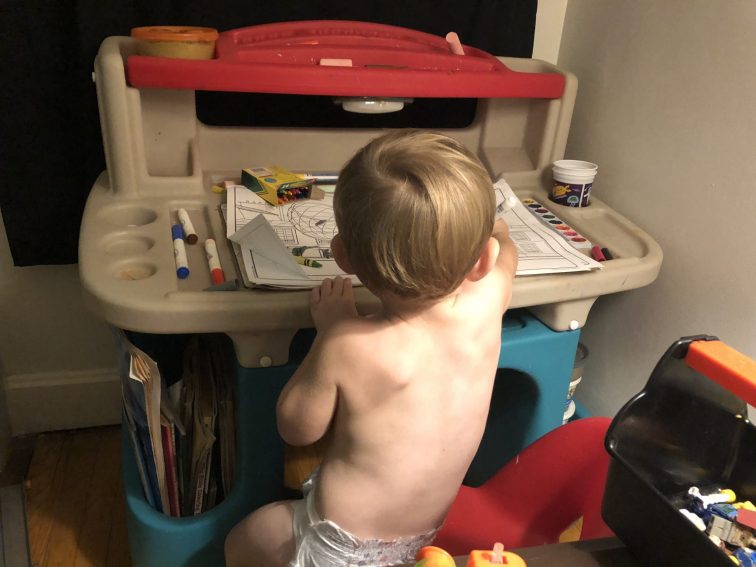Before You Check Work, Check Their Well-Being
Just a quick thought during the end of a trying school year–and a trying ‘being alive year,’ for that matter.
I’ve noticed recently how hard teachers are working–many harder than they’ve ever worked in their lives. This deserves some exploration that I hope to get to soon, but a thought I wanted to share as the 2019-2020 school year winds down with the majority of teachers doing remote teaching and blended learning of some kind: It’s time to shift focus from checking to see if students are completing their remote learning assignments to checking to see if students are ‘okay.’
It’s time to focus on the well-being of children.
To many, this sounds obvious. Most of us are in education because we care about children. But the machinations of education have long ago abandoned anything remotely close to student-centered teaching.
Nor are the schools ‘teacher-centered,’ of course. They are curriculum, assessment, instruction, and data-centered–pushed forward by systems intended to use that data to further refine that instruction in order to produce better data, and so on in a kind of broken loop. I’ve written about this a thousand times and there’s little need to rehash here. And every teacher has two minds. At this point–especially of the school year–what will be, will be.
The extent to which you are able to do this depends greatly on your circumstance as a teacher. You likely have very clear specifications for your job and people ‘holding you accountable’ for that. And so on. Do what you have to do.
You can also argue that this isn’t your job–and it’s certainly true that considering the well-being of every student your responsibility is a fast-track way to see some of the warning signs of teacher burnout.
You may also know that the majority of your students are fine and the ones who may not be are almost impossible to help and that makes it hard sometimes.
But when the opportunity presents itself, check in with your students–really check in with them. If you must assess something, assess their well-being. Track that data. Address those needs.
Be the teacher you would’ve needed during a pandemic when you were a child.
As always, let me know if I can help you accomplish that and if I am able, I will help.
Remote Teaching 101: Before You Check On Their Work, Check On Their Well-Being

